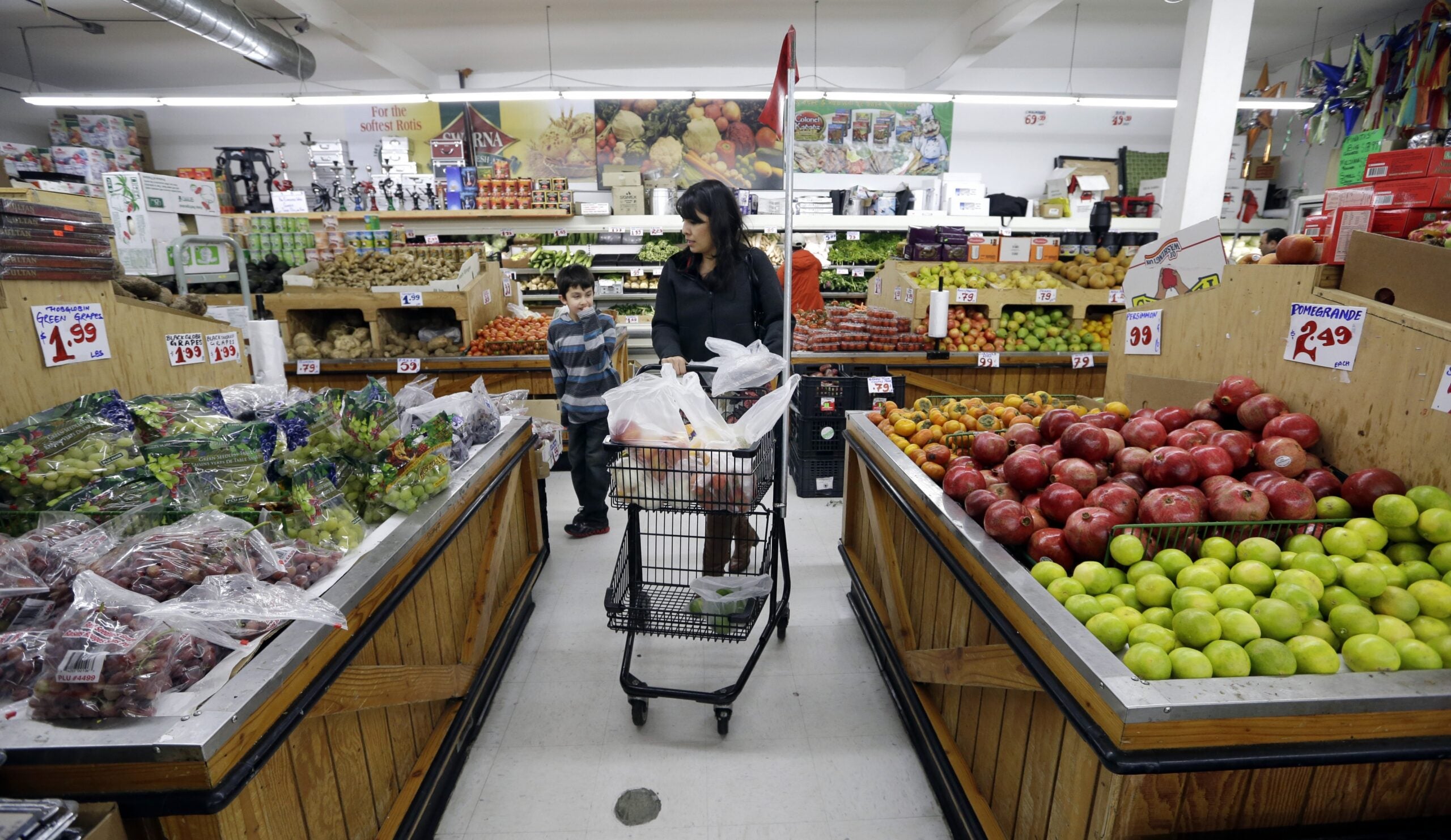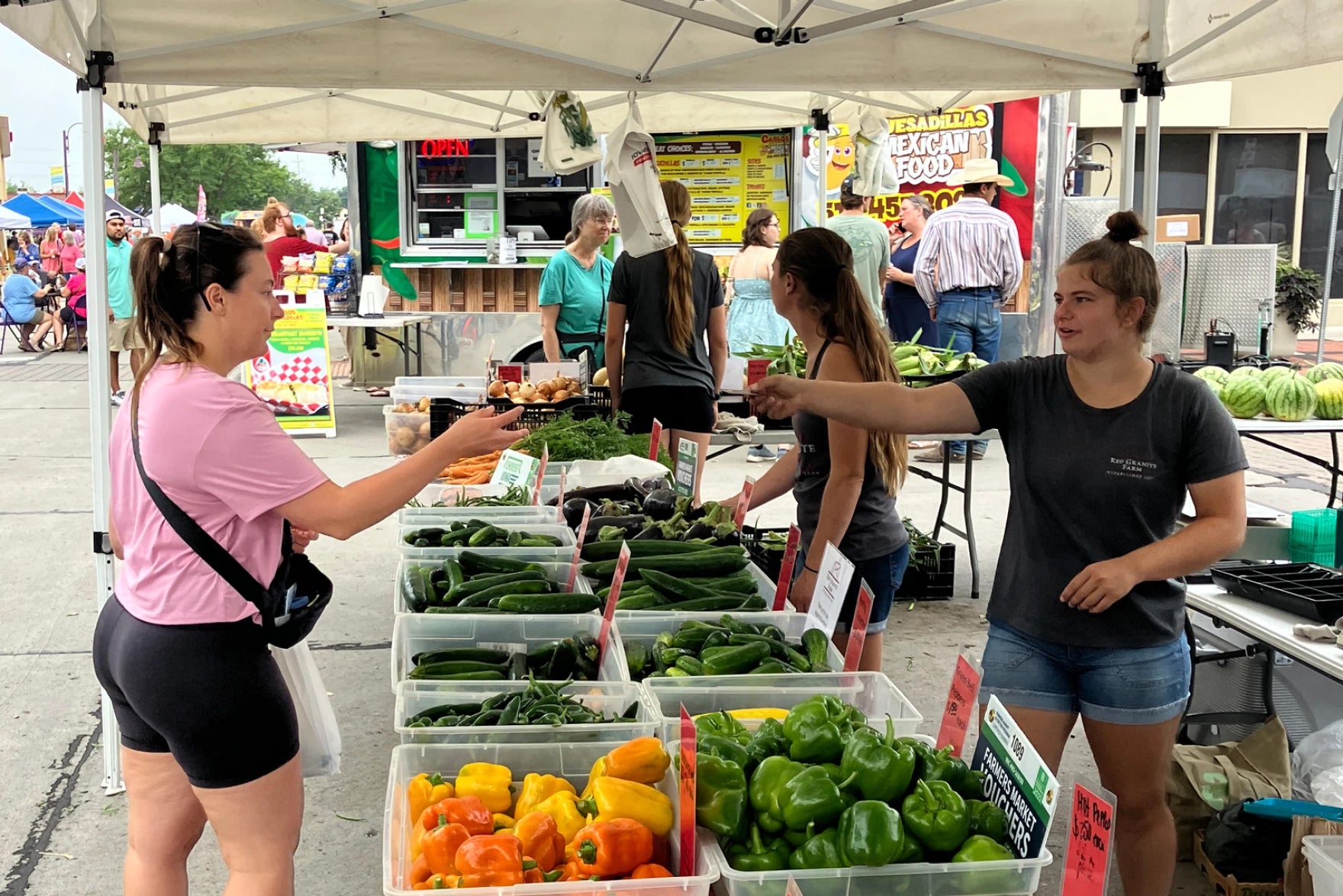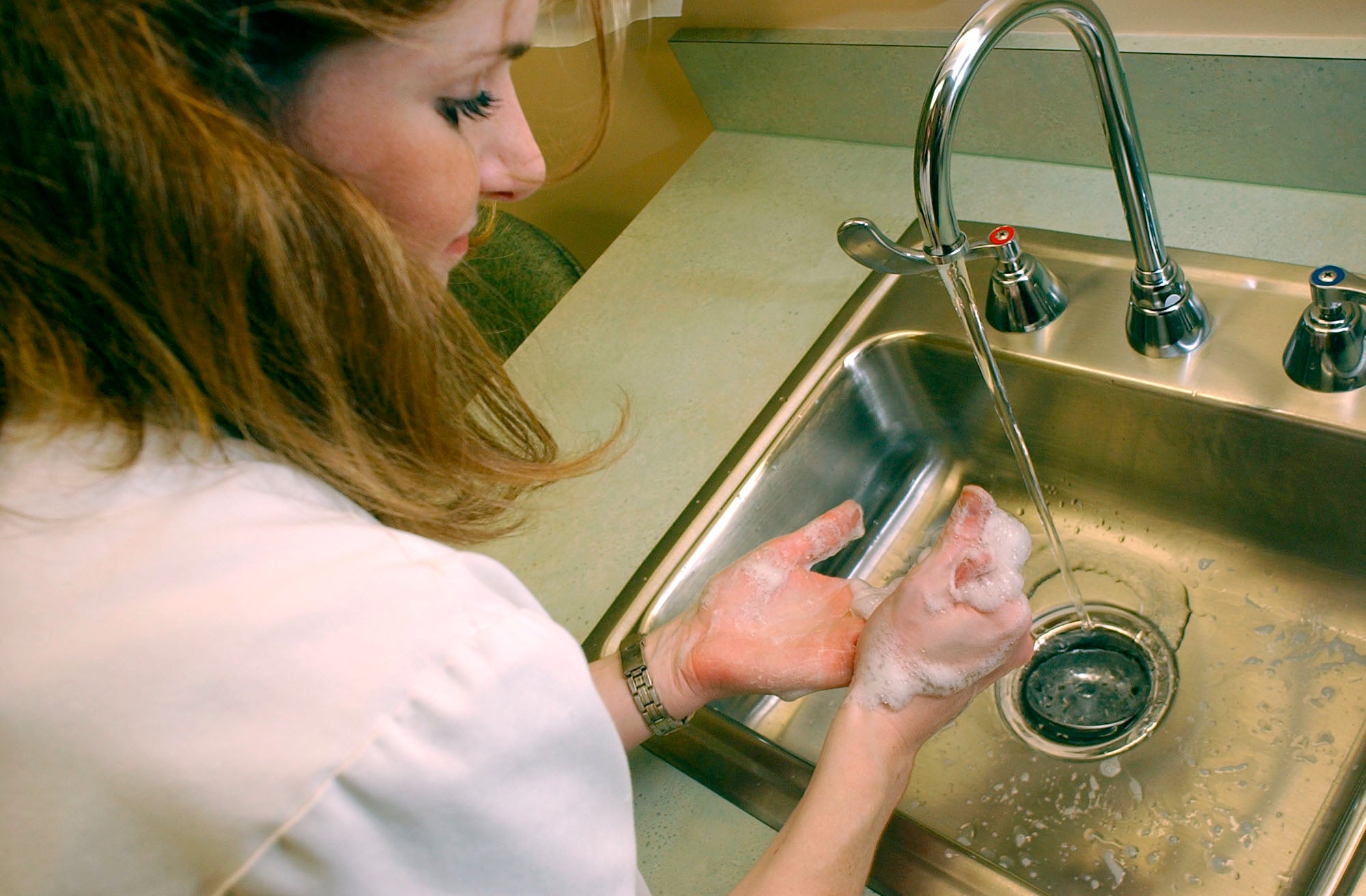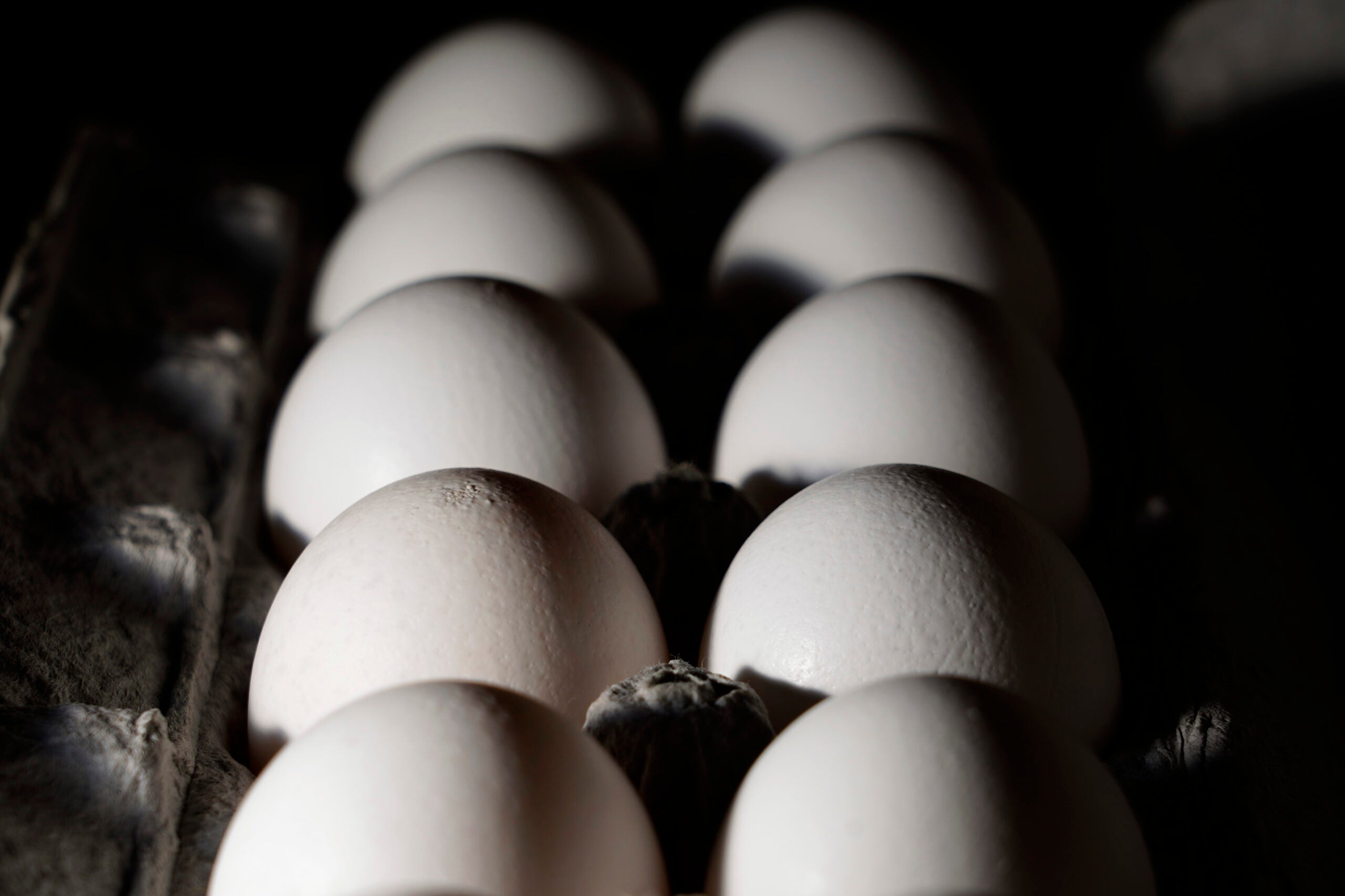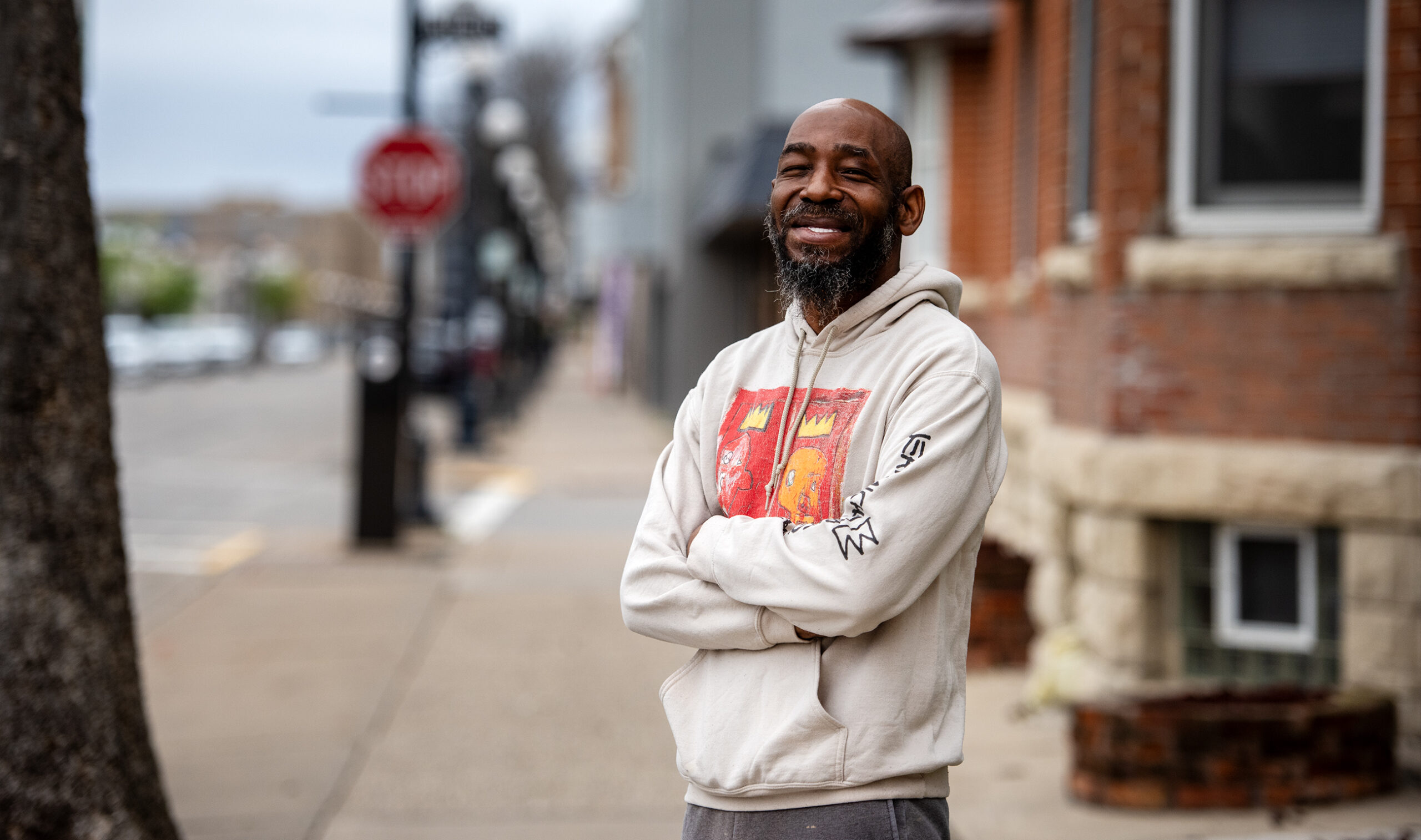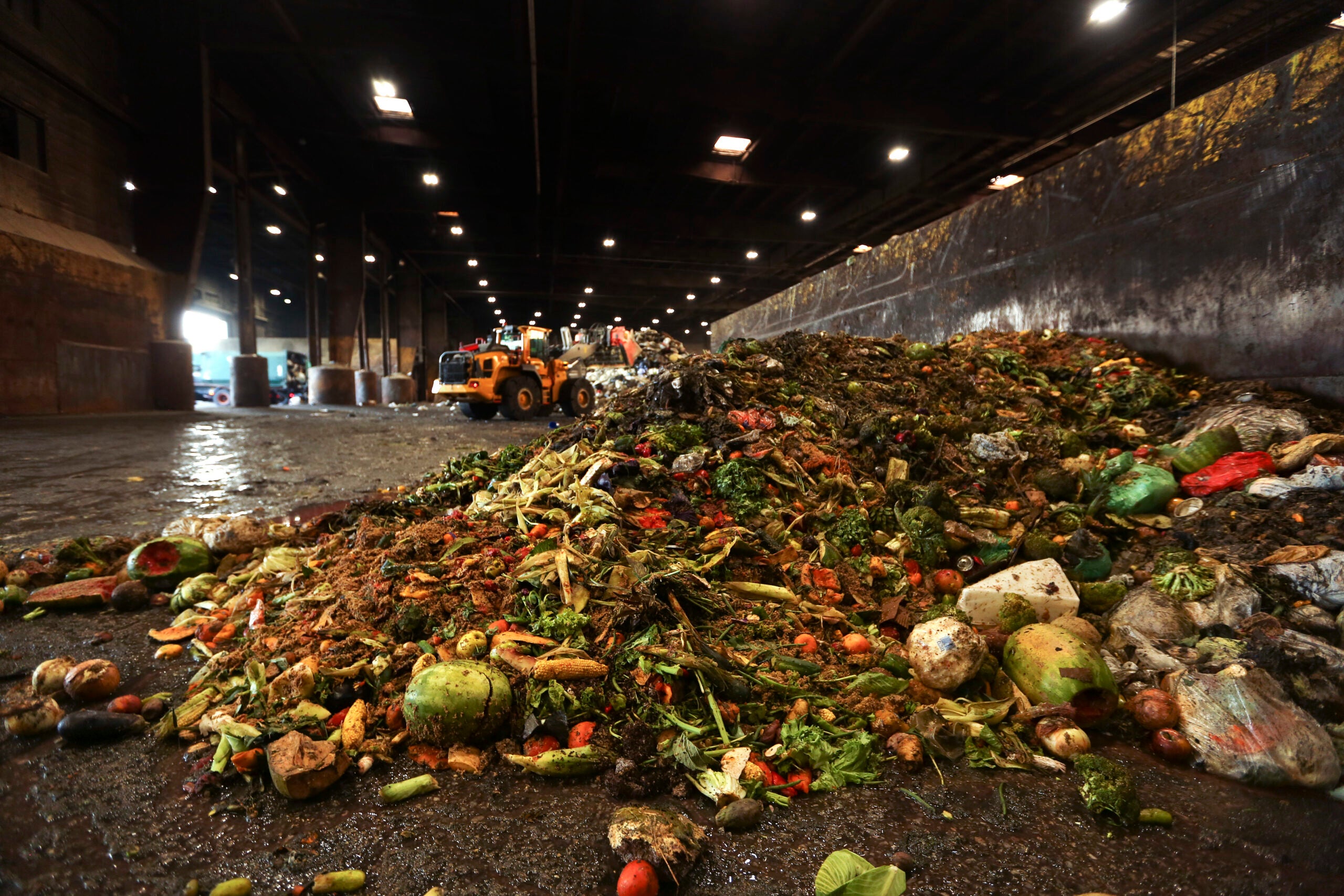If COVID-19, the disease caused by the new coronavirus, is going to get into your home, chances are it’ll hitch a ride on an infected person or on your fingers and hands, not on your groceries.
In fact, no known cases of the virus spread through food or by touching food packaging, said Donald Schaffner, a professor of food science at Rutgers University in New Jersey.
But many concerned citizens are treating their groceries like they’re contaminated. People have taken to social media to warn of tainted packaging, offering unscientific solutions such as keeping your groceries in your garage for three days or washing your produce with soap.
News with a little more humanity
WPR’s “Wisconsin Today” newsletter keeps you connected to the state you love without feeling overwhelmed. No paywall. No agenda. No corporate filter.
Don’t do that, Schaffner said.
Certainly, there is a risk of getting sick by going to the grocery store. But it comes from being around other people.
Yeah, but I have to get groceries. So, what are my options?
Before you get to the store, make a list so that you can move through the store as quickly as possible. Some stores have smartphone apps or websites that allow you to search your local store to see which aisles the items are in.
When you get to the store, see if there’s hand sanitizer near the front, and use it. This isn’t to protect you necessarily, but more so to protect other people from the germs you’re carrying. Use it on the way out of the store, too, in case you picked something up along the way.
Also, stay 6 feet away from other people. There’s a reason these directives are being promulgated by health experts and that’s because particles from a sneeze or cough can’t reach that far.
Also be patient, and try to relax. Everyone’s in the same boat.
“Don’t yell at the people that are working in the store,” Schaffner said. “They’re doing the best job that they can. They’re trying really hard to make sure that we have all the food we need.”
Do I need to disinfect all of my grocery items before putting them away?
Leaving groceries outside for up to three days is based on research published in the New England Journal of Medicine showing the virus can live up to three days on certain surfaces.
But Schaffner said focusing on that is a bit misguided, because what’s more important is the virus’ half-life, or the amount of time it takes for half of the virus particles to become inactive.
Secondly, this virus seems to survive better in colder conditions. So putting it in the garage in Wisconsin in April probably isn’t going to do you much good.
“That’s not a terribly smart or effective risk-mitigation measure,” he said, adding that spraying or wiping down packaging with disinfectant is overkill.
But if you’re worried the virus is lurking on your packaging, Schaffner suggested washing your hands after you remove the food from the shopping bags and put it away.
“The probability that there’s coronavirus there is rather small anyway,” he said. “And even if it is there, washing your hands will get rid of it.”
Other tips:
- Elderly people shouldn’t be going to grocery stores at all. Family members, friends or neighbors can help out by picking up the groceries and delivering them to the house.
- Do not use soap to wash your produce. Designed for hands and dishes, soap that’s ingested can cause nausea, vomiting and diarrhea.
- There’s plenty of food in the supply chain. Buy what you normally need, and maybe a little bit more, but don’t stockpile. That’s just going to waste food.
- Use reusable bags, if you can, so you’re not touching carts or bags that someone else has handled. Some stores and states have banned these (without research to support this, Schaffner said), so check with them first.

